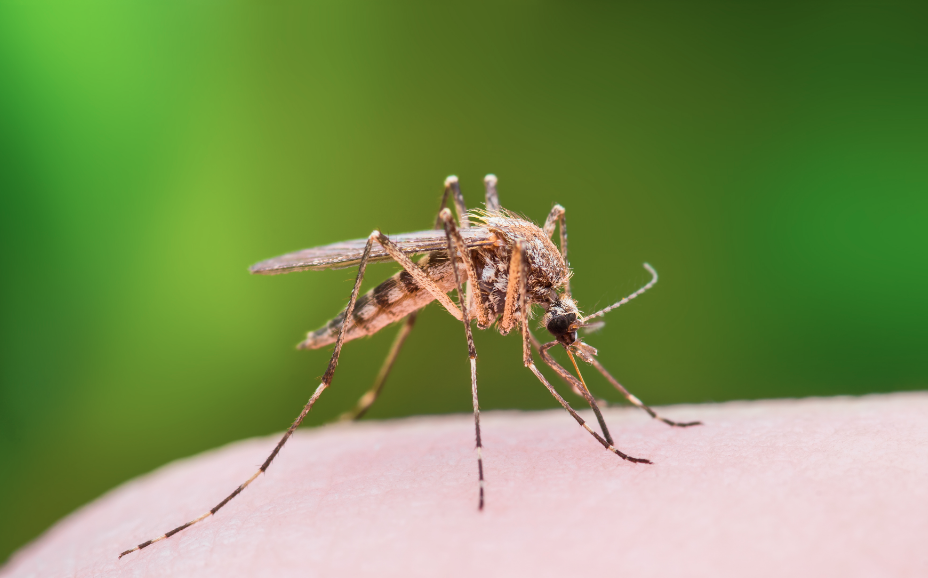This is the way you can avoid getting infected with the West Nile Virus
DORAL, FL – Two cases of the West Nile Virus have been confirmed in Miami-Dade County, one of which was diagnosed on Wednesday May 27, after victims were bitten by an infected mosquito. Take measures at home to be safe.
According to the Centers for Disease Control and Prevention (CDC), the most effective way to avoid getting infected with the West Nile virus is to prevent mosquito bites during the day and night.
In order to do that, your best friend is the insect repellent. Per recommendation of the CDC, use Environmental Protection Agency (EPA)-registered insect repellents that are proven to be safe and effective, even for pregnant and breastfeeding women. To find the right insect repellent for you, use EPA’s search tool.
In addition, be specially cautious with babies and children by dressing them in clothing that covers arms and legs. While taking a walk outside, cover strollers and baby carriers with mosquito netting.
If you decide to use an insect repellent on a child, always follow label instructions (which is something you should also do when applying repellent on yourself), do not use products that contain oil of lemon eucalyptus (OLE) or para-menthane-diol (PMD) on children under 3 years old, and refrain from applying repellent on a child’s hands, eyes, mouth, cuts, or irritated skin.
Regarding adults, the recommendation is to reapply insect repellent as directed trying not to spray repellent on the skin under clothing. If you are also using sunscreen, apply sunscreen first and insect repellent second and wear long-sleeved shirts and long pants.
At home, use screens on windows and doors making sure there are no holes to keep mosquitoes outdoors, use air conditioning whenever it’s possible, and stop mosquitoes from laying eggs in or near water by emptying and scrubbing, turning over or throwing out items that hold water at least once a week. These include tires, buckets, planters, toys, pools, birdbaths, flowerpots, or trash containers.
Please be aware that while some people do not feel sick, those that do usually have a fever, headache, nausea or vomit, joint pain and other body aches, as well as feeling fatigued.

